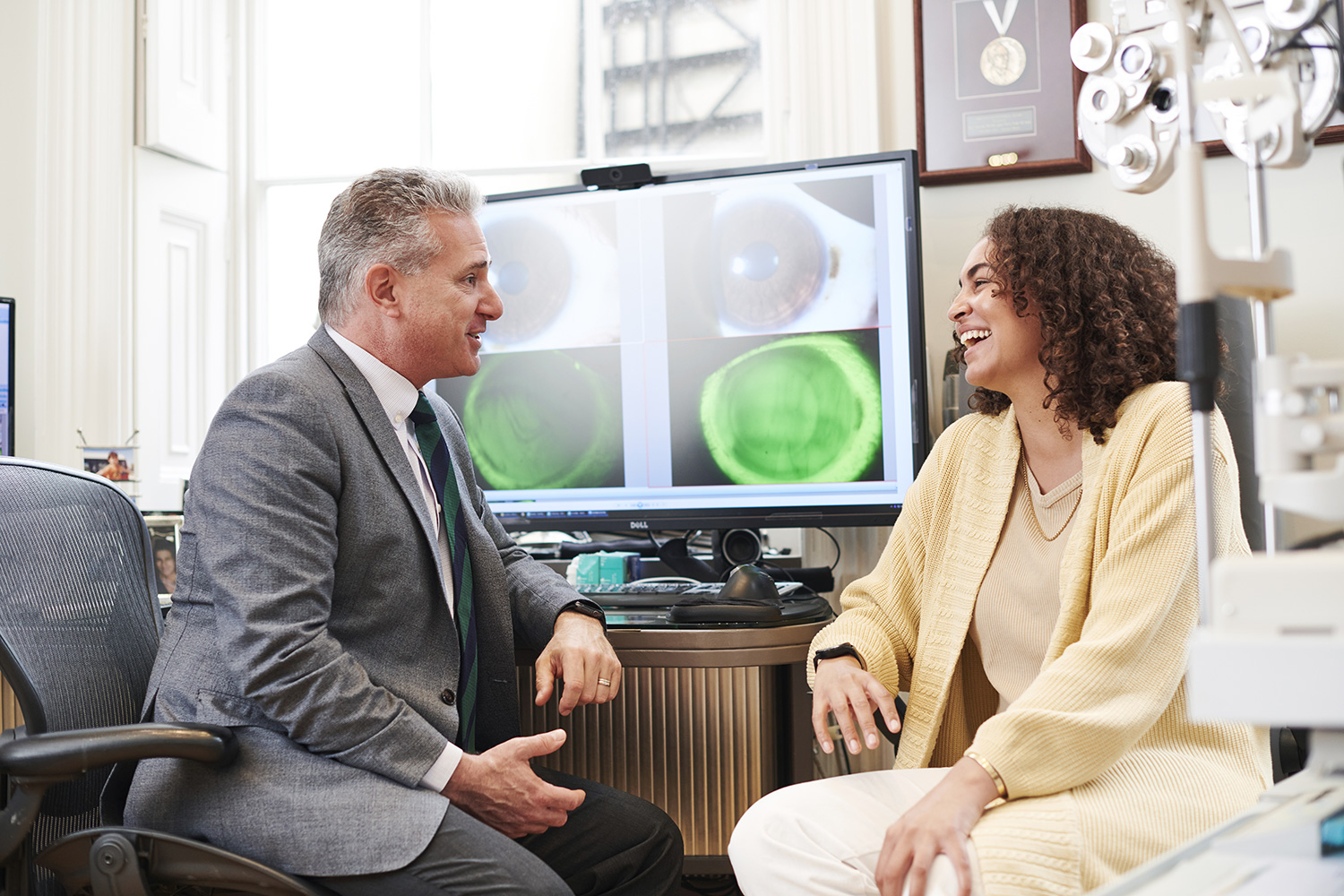How Experienced is My Surgeon?
Having Laser Eye Surgery can be a daunting prospect, but being confident in the expertise and experience of your surgeon can be invaluable in putting your mind at ease. For this reason, this should be one of the first questions you ask when considering Laser Eye Surgery.
In the UK, all Laser Eye Surgeons are required to be registered with the General Medical Council (GMC). It is also recommended that surgeons seek certification from the Royal College of Ophthalmologists; however, this is not a legal requirement. Refractive fellowship training remains limited in the UK and, as a result, many surgeons learn their trade “on the job”.
Standards within the Laser Eye Surgery industry can vary significantly depending on a number of factors. It is therefore important to consider whether your chosen surgeon has undergone the relevant formal training, as well as their experience on the job.
As a guide, you should ensure your surgeon has the following credentials:
- Is on the General Medical Council’s Specialist Register;
- Has a certificate in Laser and Refractive Surgery from the Royal College of Ophthalmologists;
- Has a post-graduate Diploma in Cataract and Refractive Surgery;
- Is a Fellow of the Royal College of Surgeons/Ophthalmologists or equivalent;
- Has Fellowship speciality training in corneal surgery;
- Has Fellowship sub-speciality training in refractive (Laser Eye) Surgery.
It is a good idea to look for a surgeon who has experience in the specific procedure you are interested in (e.g., LASIK, ReLEx SMILE, PRK/LASEK, or PRESBYOND® Laser Blended Vision, etc), and to check what range of prescriptions your chosen clinic can safely treat.
If you have a less common prescription – such as severe long-sightedness – it is important to enquire whether your clinic has been successful in treating similar cases. Some patients may be told they are unsuitable for Laser Eye Surgery due to having a high prescription; however, this can vary between clinics so it is a good idea to make several enquiries.
While one clinic may be unable to treat your prescription, another clinic with access to the latest technology and expertise may be able to do so. At London Vision Clinic, we are often able to treat patients who have been turned away by other clinics.
You may also consider the number of procedures performed at your chosen clinic. While more experienced surgeons may have completed a higher number of procedures, this doesn’t necessarily equate to a high-quality surgeon. It is important to also take into account the success rate and standard of correction achieved.
